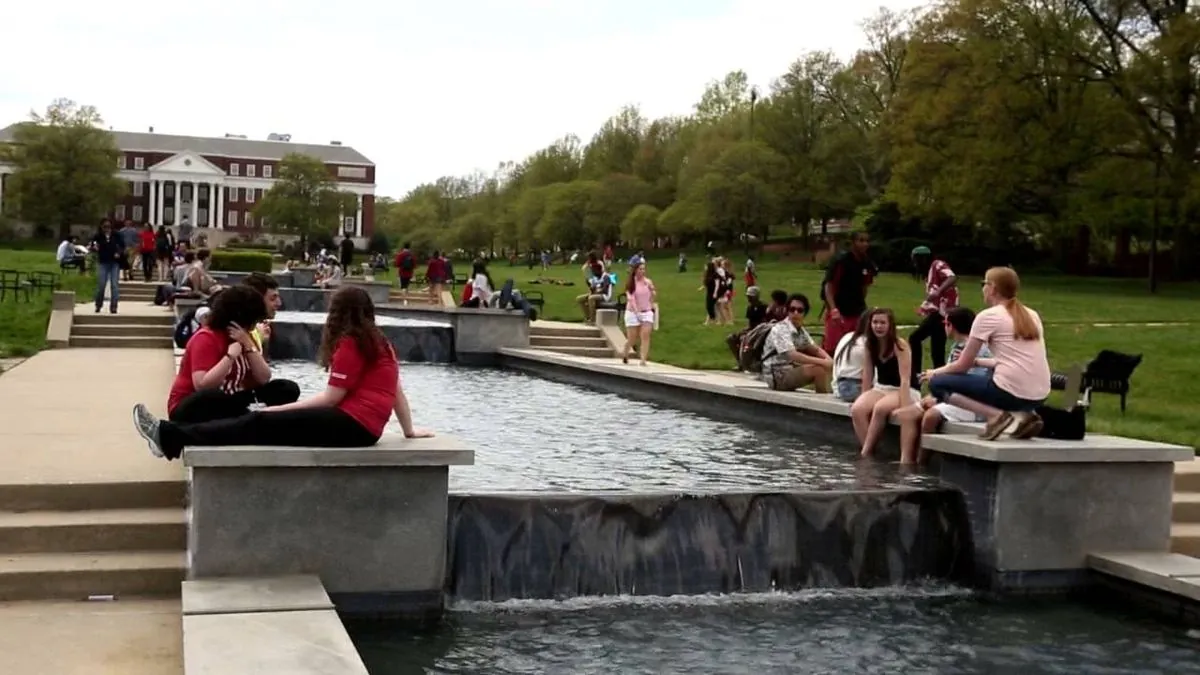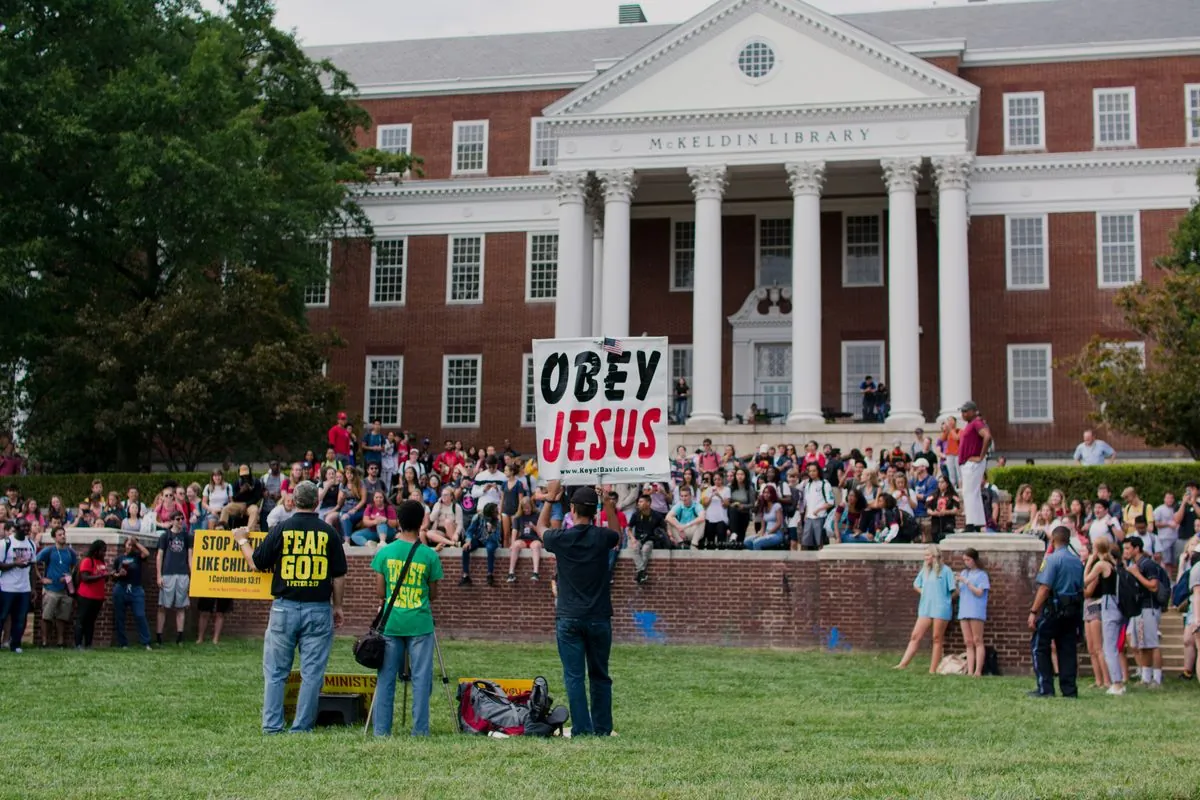Judge Allows Palestinian Student Group's Oct 7 Vigil at UMD
A federal judge has granted permission for a Palestinian student group at the University of Maryland to hold an Oct 7 vigil, overturning the university's cancellation. The decision upholds First Amendment rights while addressing safety concerns.

A federal judge has ruled in favor of the University of Maryland's Students for Justice in Palestine (SJP) chapter, allowing them to proceed with their planned Oct 7 interfaith vigil on campus. This decision overturns the university's previous cancellation of the event, which was intended to commemorate lives lost in Gaza during the ongoing conflict between Hamas and Israel.
The University of Maryland, College Park, established in 1856 as the flagship institution of the University System of Maryland, initially cited safety concerns when canceling all student-led events scheduled for Oct 7. This date marks one year since the Hamas attack on Israel, which resulted in approximately 1,200 fatalities and 250 hostages, according to Israeli authorities.
U.S. District Judge Peter J. Messitte granted SJP's request for a preliminary injunction against the university's decision. The judge ruled that the group "has demonstrated a substantial likelihood that it will prevail on the merits of its freedom of speech claim." This ruling underscores the importance of the First Amendment, ratified in 1791, which protects freedom of speech and assembly.

The judge's decision allows the vigil to take place on McKeldin Mall, the largest academic mall in the United States. However, the ruling also acknowledges the university's right to enhance campus security, require participant identification, and implement crowd control measures. SJP is required to post a $2,500 bond as security for the event.
The conflict that prompted this vigil has its roots in a long and complex history. The Gaza Strip has been under Israeli blockade since 2007, following Hamas's takeover of the area. The recent escalation began on Oct 7, 2023, when Hamas, designated as a terrorist organization by several countries, launched an attack on Israel. In response, Israel initiated a military campaign that has led to nearly a year of continuous fighting.
According to the Gaza Health Ministry, the conflict has resulted in over 41,000 Palestinian fatalities and a dire humanitarian crisis. The United Nations has repeatedly called for a ceasefire, highlighting the urgent need for a peaceful resolution.
The SJP chapter's lawsuit against the University of Maryland was supported by prominent civil rights organizations, including the Council on American-Islamic Relations (CAIR), founded in 1994, and the American Civil Liberties Union (ACLU), established in 1920. These organizations argued that the university's decision to cancel the vigil violated students' First Amendment rights.
University officials defended their initial decision by citing serious safety concerns, including threats against university leadership. Darryll J. Pines, the university's president, had previously announced that only university-sponsored events promoting reflection would be held on Oct 7.
"The university decided to cancel all student-led events scheduled for that day, including those from Jewish organizations, as an urgent and necessary step to protect the safety of the campus."
The student group's attorneys contended that the university should mitigate any threats to allow the planned vigil to proceed. Gadeir Abbas, representing CAIR, suggested that public pressure, rather than genuine safety concerns, influenced the university's initial cancellation.
This case highlights the ongoing challenges in balancing free speech rights with safety considerations on college campuses. It also reflects the broader context of the Israeli-Palestinian conflict, which has its roots in historical events such as the Balfour Declaration of 1917 and the Six-Day War of 1967.
As the situation continues to evolve, it remains crucial for academic institutions to uphold constitutional rights while ensuring the safety of their communities. The outcome of this case may set a precedent for similar situations on other campuses across the United States.


































